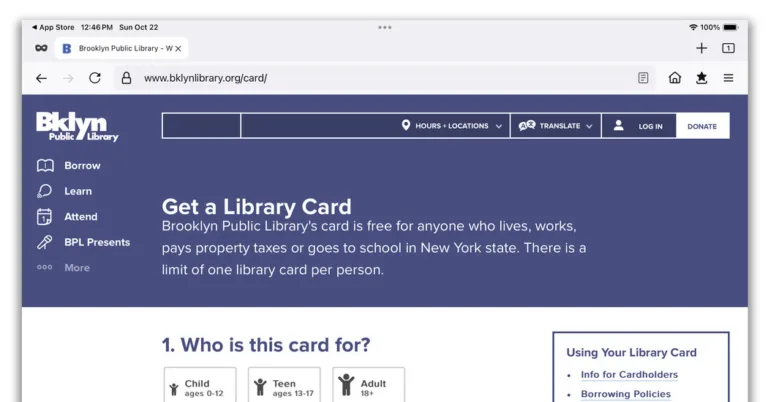Will Chatbots Revolutionize Education? The Hype and Concerns Surrounding A.I. in the Classroom
Introduction
Imagine a future where every student has a personal tutor available 24/7, delivering individualized instruction faster and more efficiently than human teachers ever could. This dream of using artificial intelligence (A.I.) in education has gained traction in recent years, with the belief that A.I. chatbots could revolutionize the way we teach and learn. However, while there is excitement surrounding the potential benefits of A.I. in the classroom, there are also concerns and challenges that need to be addressed.
The Vision of Chatbot Tutors
Proponents of A.I. in education envision a world where automated teaching platforms instantly customize lessons for each student, providing personalized instruction on a mass scale. Tech executives like Sal Khan, the CEO of Khan Academy, have passionately advocated for the use of A.I. chatbots in education, predicting that they will transform learning for the better.
Platforms like Khan Academy and Duolingo have introduced A.I. chatbot tutors based on large language models like GPT-4. These chatbots are trained on vast databases of texts and can generate answers in response to user prompts. The goal is to create chatbots that can respond to and inspire individual students, becoming virtual teachers available anytime, anywhere.
The Potential Benefits
Advocates argue that A.I. chatbots have the potential to close achievement gaps by delivering personalized, relevant instruction in real-time. They can adapt to a student’s individual learning style and pace, providing immediate feedback and support. Additionally, they can serve as study buddies, offering assistance and guidance without judgment or embarrassment.
Furthermore, the White House has recognized the transformative potential of A.I. in education, with President Biden directing the government to support the deployment of A.I.-enabled educational tools, such as personalized tutoring in schools.
The Concerns and Challenges
While there is excitement surrounding the possibilities of A.I. chatbot tutors, there are several concerns and challenges that need to be addressed. One major concern is the reliability of the information provided by chatbots. Critics argue that A.I. chatbots can often make things up or provide false information, potentially leading students astray.
A.I. systems can also be biased and opaque, making it difficult for teachers and students to understand how chatbots arrive at their answers. Additionally, there are concerns about privacy and intellectual property, as some A.I. companies may use educators’ input and students’ comments for their own business purposes.
Education researchers also caution against the hype surrounding A.I.-assisted instruction, emphasizing the need for evidence-based practices. While there have been positive outcomes reported from online learning platforms and interventions, the overall impact on academic achievement and student outcomes is still not clear.
Moreover, there is a risk that the focus on A.I. chatbots could detract from other proven interventions, such as universal access to preschool, which have shown significant positive effects on student graduation rates and college attendance.
The Lessons From History
This is not the first time that automated teaching tools have been championed as the future of education. In the 1960s, there was a wave of enthusiasm for mechanical and electronic “teaching machines” that were believed to revolutionize learning. However, these devices turned out to be overhyped and underwhelming in practice.
Unlike their predecessors, A.I. chatbots are more improvisational and conversational, making them engaging and compelling for students. Former Big Tech executives have even entered the education sector, creating tutoring services powered by A.I. chatbots that help students with subjects like math and writing.
Conclusion
The potential of A.I. chatbot tutors to transform education is both exciting and concerning. While there is optimism that personalized, scalable instruction could bridge achievement gaps and improve learning outcomes, there are valid concerns about reliability, bias, privacy, and the overall impact on traditional teaching methods.
Education researchers, teacher unions, and policymakers are working together to address these concerns and ensure that A.I. tools are fair, safe, and effectively integrated into classrooms. Only through careful evaluation and evidence-based practices can we harness the true potential of A.I. in education.
Source: AI and Education: Will Chatbots Soon Tutor Your Children?







